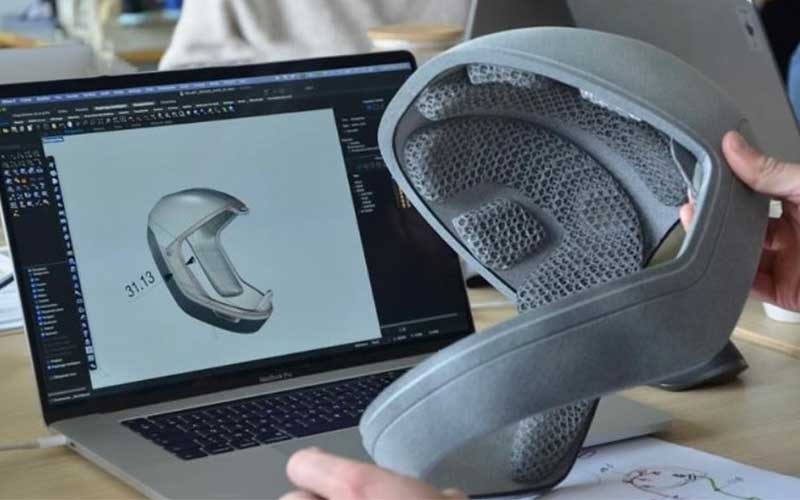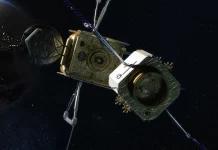
The French space agency CNES has published a call for the development, manufacture, and flight testing of an early prototype of a European intravehicular activity (IVA) spacesuit.
Between late 2023 and early 2024, Spartan Space, the Institute of Space Medicine and Physiology (MEDES), and the sporting goods retailer Decathlon were contracted by CNES to complete an early study of an IVA spacesuit for use aboard future European crewed spacecraft.
On 16 October, CNES published a call focused on transforming the results of the study into an early prototype that could be tested aboard the International Space Station. The goal of this initial prototype will be to validate the suit’s ergonomics in a microgravity environment. To facilitate this, the suit will be made of materials that will behave similarly to the final materials in terms of flexibility, elasticity, and resistance.
In addition to the development, manufacture, and testing of the early prototype, the call outlines three subsequent goals of the project. The three additional goals focus on refining the design of the suit based on the results of the flight testing, implementing any changes into a new prototype, and conducting ground tests of the new prototype.
All activities under the project will be conducted between 2024 and 2027.
A future European crew spacecraft
In addition to validating the design’s refinements, ground testing of the spacesuit will also aid in identifying “unknown points” of interest for a future flight version of the suit. According to the call, the unknowns are largely driven by the fact that “the final European spacecraft is currently being defined.”
The fact that there is currently work being done to define the requirements for a future European crew spacecraft is not something that has previously been publicly confirmed.
In late 2023, ESA published a call for the development of cargo spacecraft that could ferry payloads to and from destinations in low Earth orbit. As part of that call, the agency added a requirement that any design submitted should be “compatible with the evolution towards a crew transportation service.” Additionally, in July 2024, ESA director of space transportation Toni Tolker-Nielsen revealed that the agency has awarded Arianespace a contract to examine how best to human-rate Ariane 6 to allow the rocket to carry crewed spacecraft to orbit.
While both of these programmes hinted at a European project to develop a crewed launch capability, the CNES call appears to be the first confirmation that work on a spacecraft is already underway.




